OPCW's Special Advisor on Assistance and Protection, Mr Shawn DeCaluwe, remarked: "Our conversation over these two days is critical for OPCW's continual engagement with GRULAC partner training centres in this challenging time. We want to not only identify best practices guaranteeing effective programme delivery during the pandemic, but also explore new formats of capacity building support for our Member States once the crisis abates."
Participants described their experiences of overcoming the disruption caused by the pandemic, and provided insights for the design of online and face-to-face training courses for the GRULAC region. They also agreed on an action plan that maintains the current online course portfolio, restarts the face-to-face offering when conditions permit, and proposes new ideas for priority capacity building projects.
The meeting brought together 24 representatives of training centres and National Authorities from nine countries in Latin America and the Caribbean: Argentina, Bolivia, Brazil, Colombia, Costa Rica, Ecuador, Mexico, Panama, and Peru.
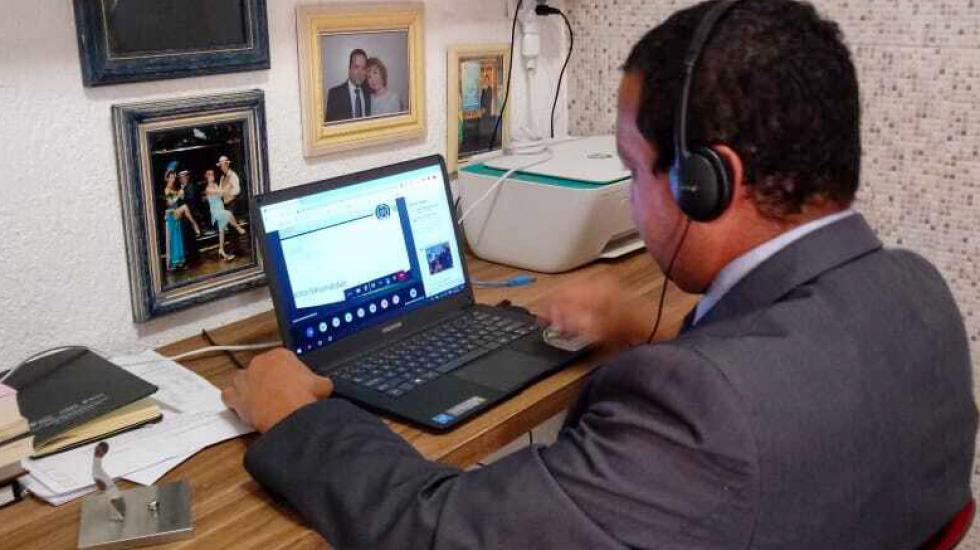
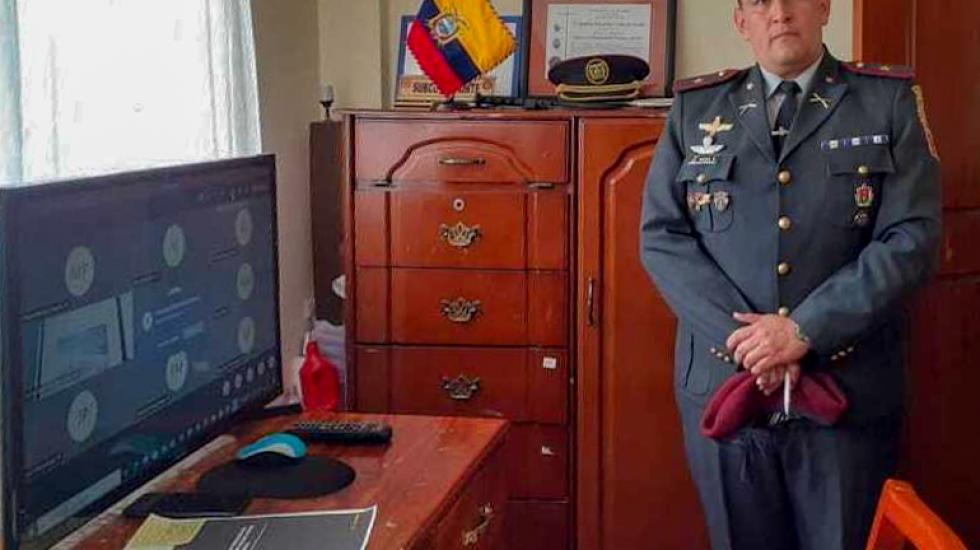
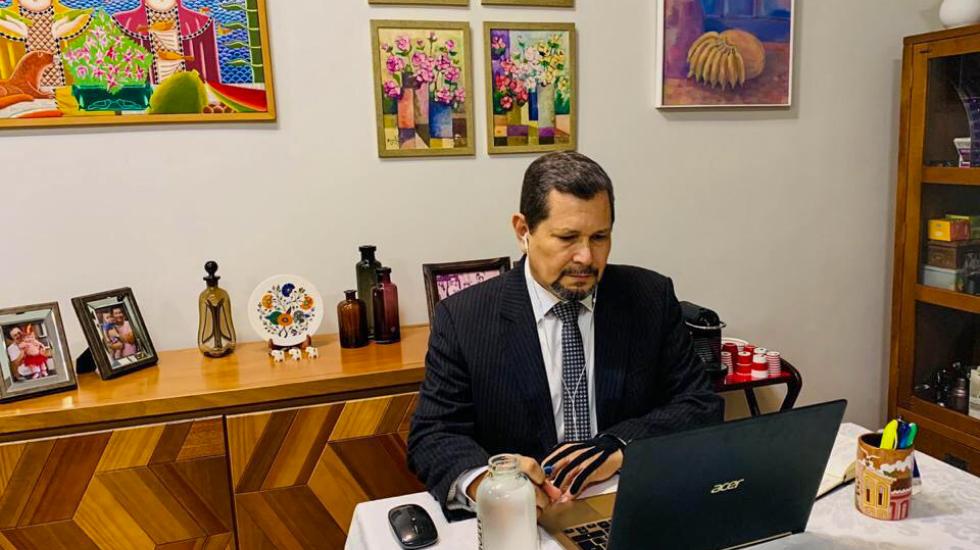
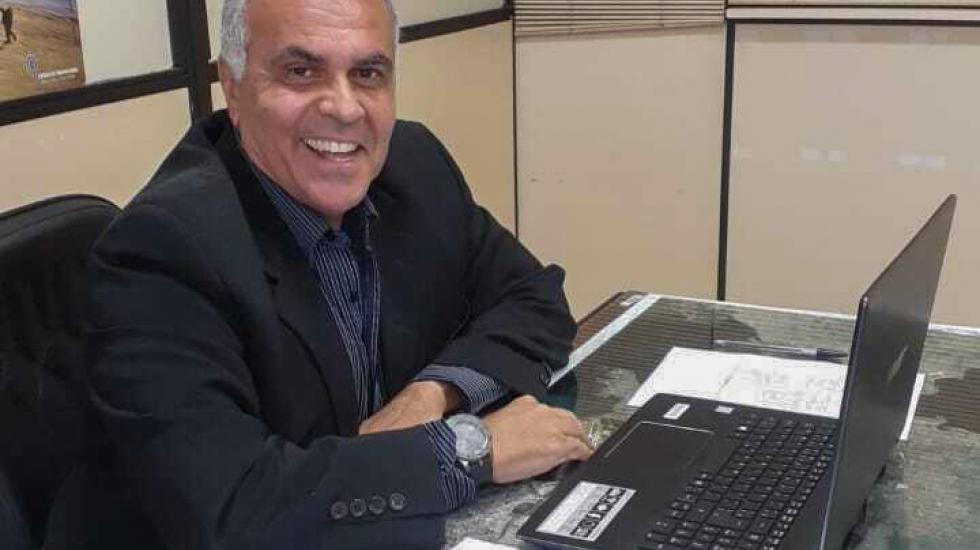
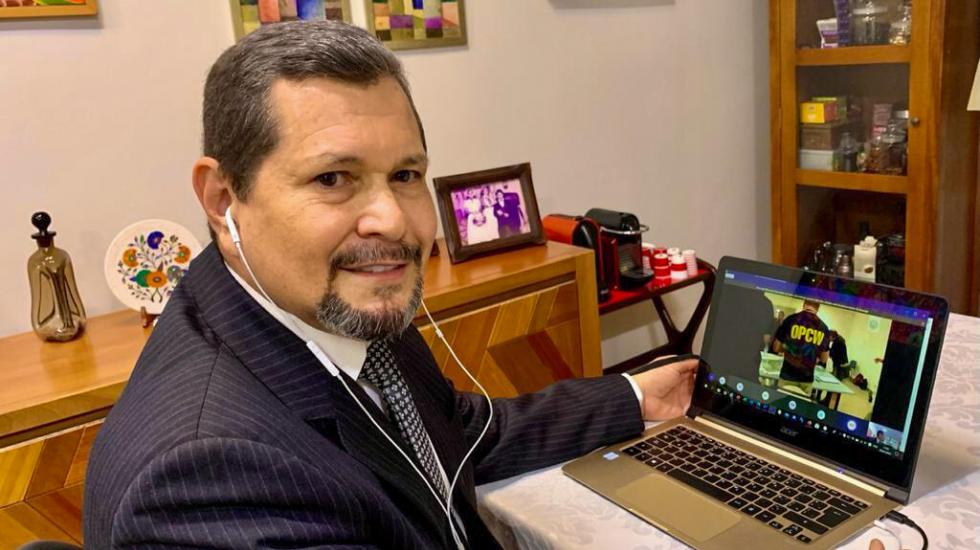
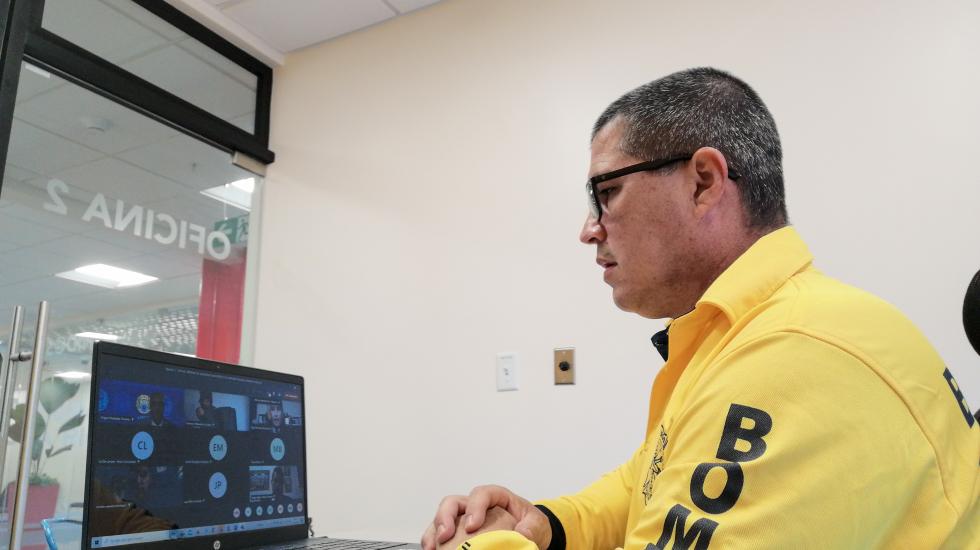
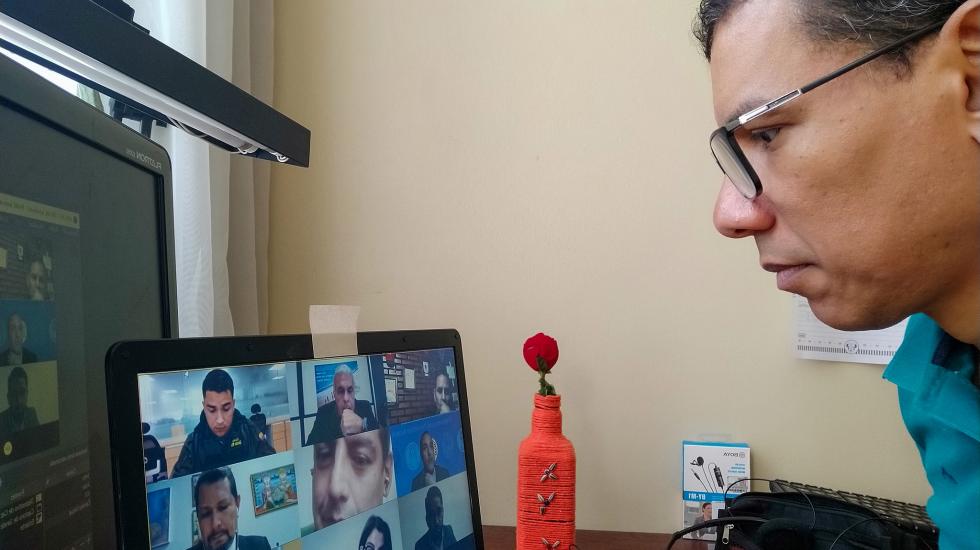
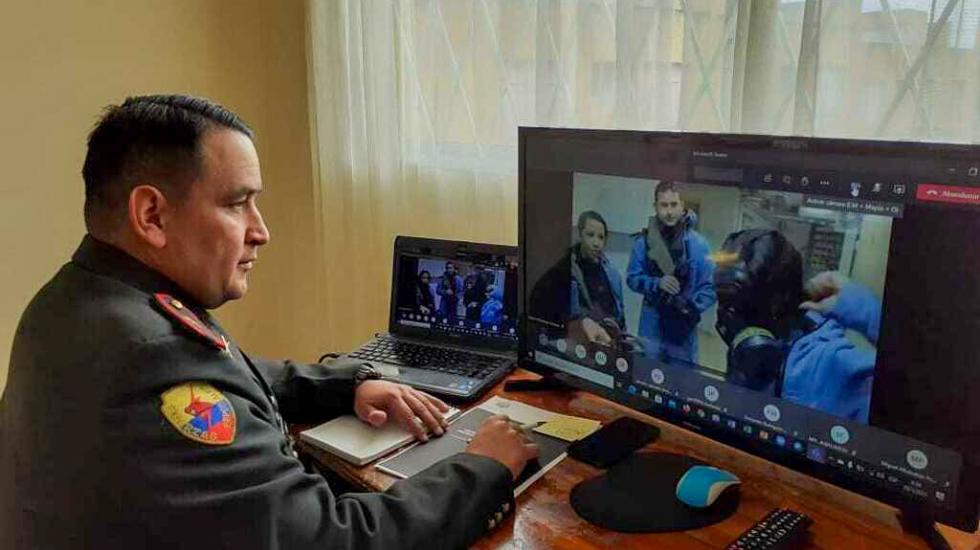
Background
This Latin America and Caribbean online meeting was the second regional gathering of this type, following an event for OPCW partner training centres from Asia, held from 15 to 16 July 2020.
As the implementing body for the Chemical Weapons Convention, the OPCW, with its 193 Member States, oversees the global endeavour to permanently eliminate chemical weapons. Since the Convention's entry into force in 1997, it is the most successful disarmament treaty eliminating an entire class of weapons of mass destruction.
Over 98% of all declared chemical weapon stockpiles have been destroyed under OPCW verification. For its extensive efforts in eliminating chemical weapons, the OPCW received the 2013 Nobel Peace Prize.






